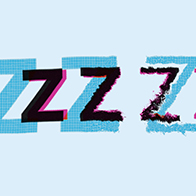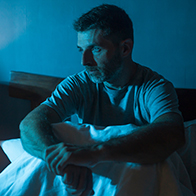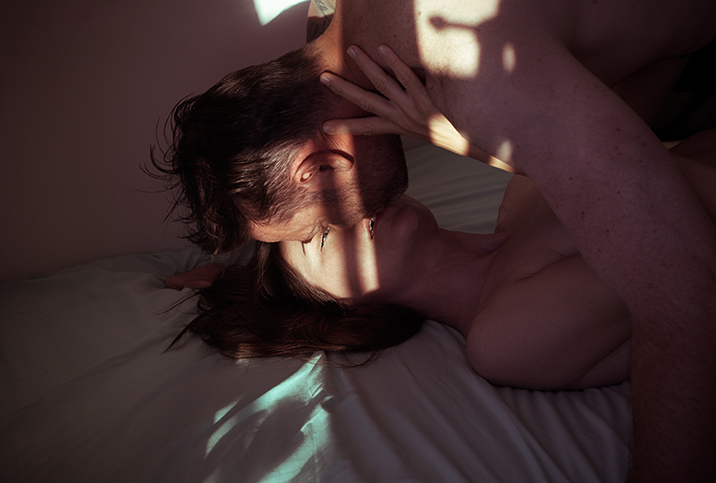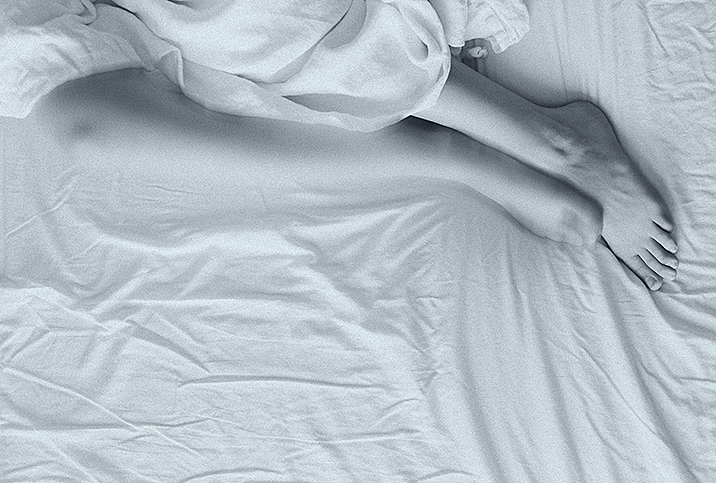How Over-the-Counter Medication Affects Sleeping Patterns
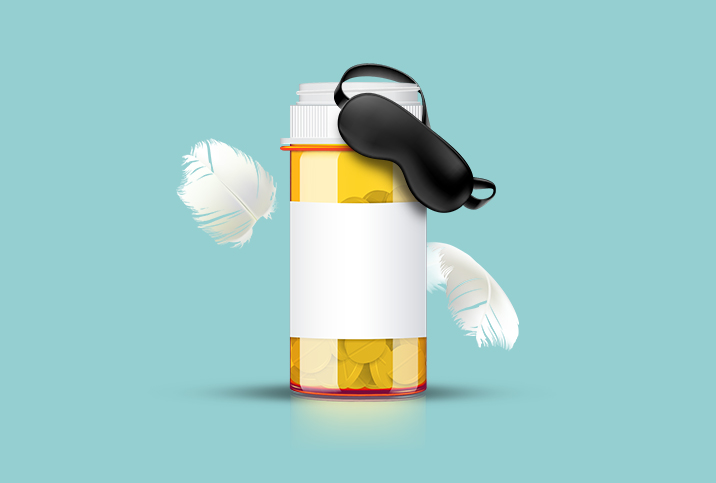
Without good sleep, daily life can face major disruption. A lack of sleep can lead to fatigue, mood swings, headaches and many other issues. And while some solutions to such daily hurdles include over-the-counter (OTC) treatments, those medications, too, can have consequences on our sleep.
Shelby Harris, Psy.D., a licensed clinical psychologist in private practice in White Plains, New York, said that two common OTC medications with known side effects are diphenhydramine (Benadryl) and melatonin.
"Diphenhydramine is super common," Harris said. "It can cause daytime drowsiness, dizziness and cognitive issues. Melatonin is also very common, and can cause nausea and vivid dreaming as well as daytime sedation."
Is there harm in the long-term use of OTC sleep aids?
"It really depends on what sleep aids you're talking about," Harris said. "They're all a little different. Longer-term use of diphenhydramine has been linked to cognitive impairment, greater risk of falls and accidents, and they also can wear off in terms of effectiveness."
"From a psychological perspective, it can create dependence—a psychological dependence where somebody may struggle to fall asleep without the substance," said Kate Balestrieri, Psy.D., a licensed psychologist who practices as a sex therapist. "Too much use can result in post-acute withdrawal symptoms. [It] can have a physiological effect on the body that makes it challenging to get the rest you really need, which can then create that perfect storm of extreme fatigue, kind of a haze. It can be damaging in the long run for people to get physiologically and psychologically addicted."
'It can have a physiological effect on the body that makes it challenging to get the rest you really need, [creating] that perfect storm of extreme fatigue.'
The use of sleep aids—like Benadryl, Aleve PM, Unisom Sleep Tabs—is not necessarily bad for short-term use. However, excessive use can lead to health issues.
"A little use here and there is fine—but they really aren't meant to be used for long, because of dependence on them and issues with falls, accidents and cognitive impairment," Harris explained.
Melatonin is slightly different than the other sleep aids mentioned above, but excessive use can make some drugs less effective, including high blood pressure medications.
"Some people do use it long term for night owl syndrome (delayed sleep phase disorder), but [the effects] really haven't been studied for really long-term [use]," Harris continued.
Fixing insomnia without medication
If sleep consistently eludes you, Harris encourages the use of cognitive behavioral therapy (CBT).
"The best thing to do for chronic insomnia is to look for cognitive behavior therapy for insomnia," she said. "It is a non-drug approach to insomnia treatment that's evidence-based and is considered the gold-standard treatment for insomnia in primary care and sleep medicine. It ideally should be tried before medication is even started.
"It goes beyond basic sleep hygiene, figuring out how to time the bed with sleep more appropriately, and discussing worries/fears about lack of sleep and how it negatively impacts sleep from night to night. It is extremely effective for many people."
Balestrieri has specific recommendations for people who struggle with sleep during specific timeframes, such as the "Sunday scaries."
"A lot of people, when Sunday night rolls around, they have a really hard time relaxing because all of a sudden, 'Oh, tomorrow I have to be on again,'" Balestrieri said. "Their unfinished business starts to creep into their Sunday and it can be really difficult for some people to get their bodies into a full state of relaxation on Sunday or whenever their workweek starts.
"If you know you have a lot going on and you feel that worry starting to creep up, can you give yourself 30 minutes to go sit in a room and stress out about it? And give it your best stress?" she added. "Then come back and let your day happen."
Balestrieri offered these additional methods to cope with stress and achieve better rest:
- Setting a time to worry (and to ideally only worry in that time)
- Journaling
- Creating lists
- Meditating
- Yoga
"If somebody is struggling with sleepwalking or insomnia, it's so important to create a routine and to create an ambiance that is really relaxing and pro-sleep," Balestrieri advised, noting that if a person's resting space has a lot of distractions, such as laundry, books and electronics, it can distract them and prevent their minds from preparing for sleep.
Although sleep aids are meant to treat insomnia and regulate sleep, it is important to remember that they should not be used in the long term because they can create dependency.
Sleep is the foundation to the start of every day. When people don't get enough rest, their performance can become less ideal. Over-the-counter medications are acceptable to use for a short period, but when it becomes part of your routine, you should instead consider speaking to a sleep professional and reevaluate your sleeping habits to find the underlying causes.







